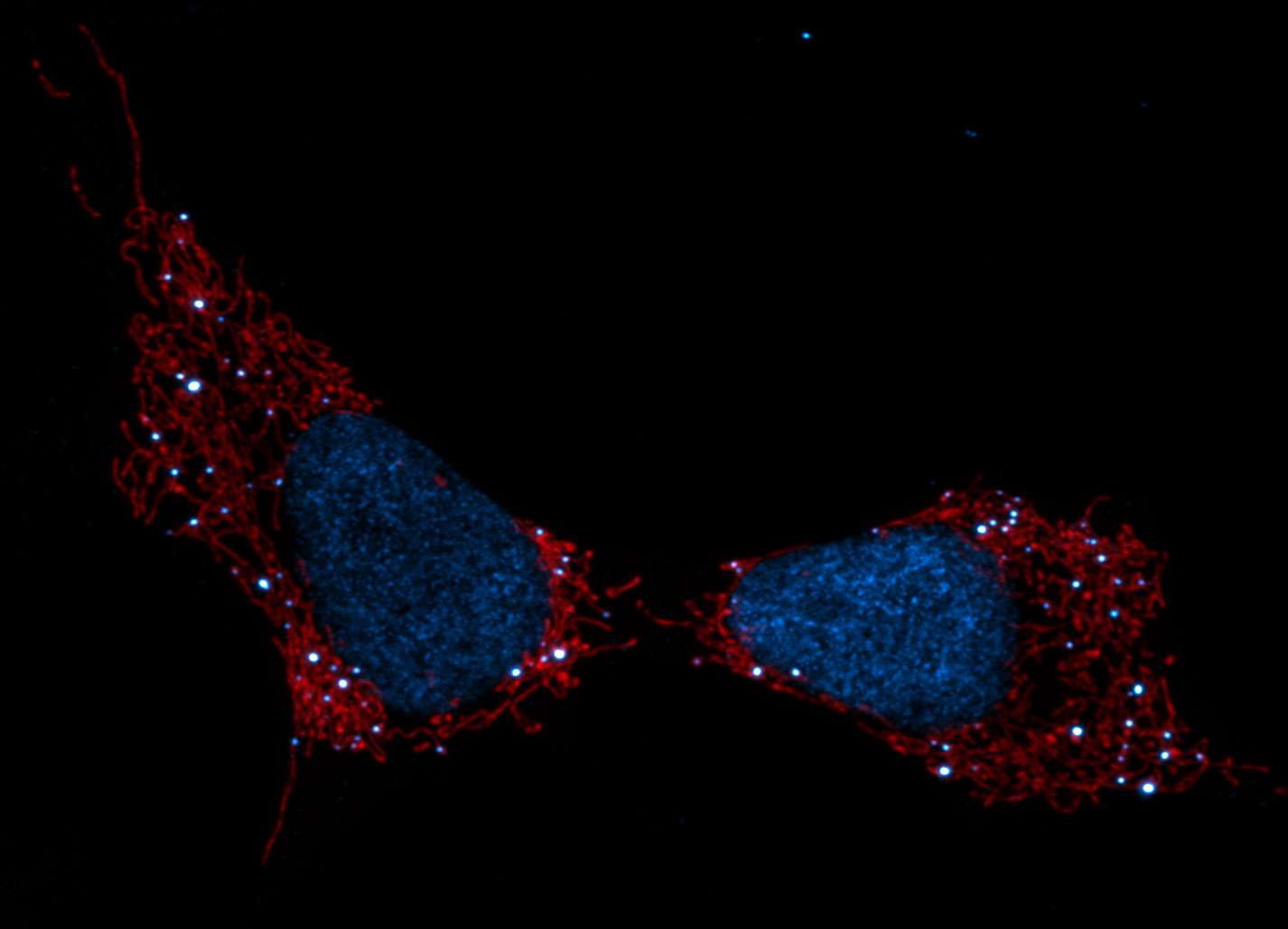
Studies of both mice and humans who have traveled into space reveal that critical parts of mitochondria can be made dysfunctional due to changes in gravity, radiation exposure and other factors, according to investigators at Georgetown Lombardi Comprehensive Cancer Center. These findings are part of an extensive research effort across many scientific disciplines to look at the health effects of travel into space. The research has implications for future space travel as well as how metabolic changes due to space travel could inform medical science on earth.
The findings appeared November 25, 2020, in Cell and are part of a larger compendium of research into health aspects of space travel that appears concurrently in Cell, Cell Reports, Cell Systems, Patterns, and iScience.
“My gr...
Read More








Recent Comments